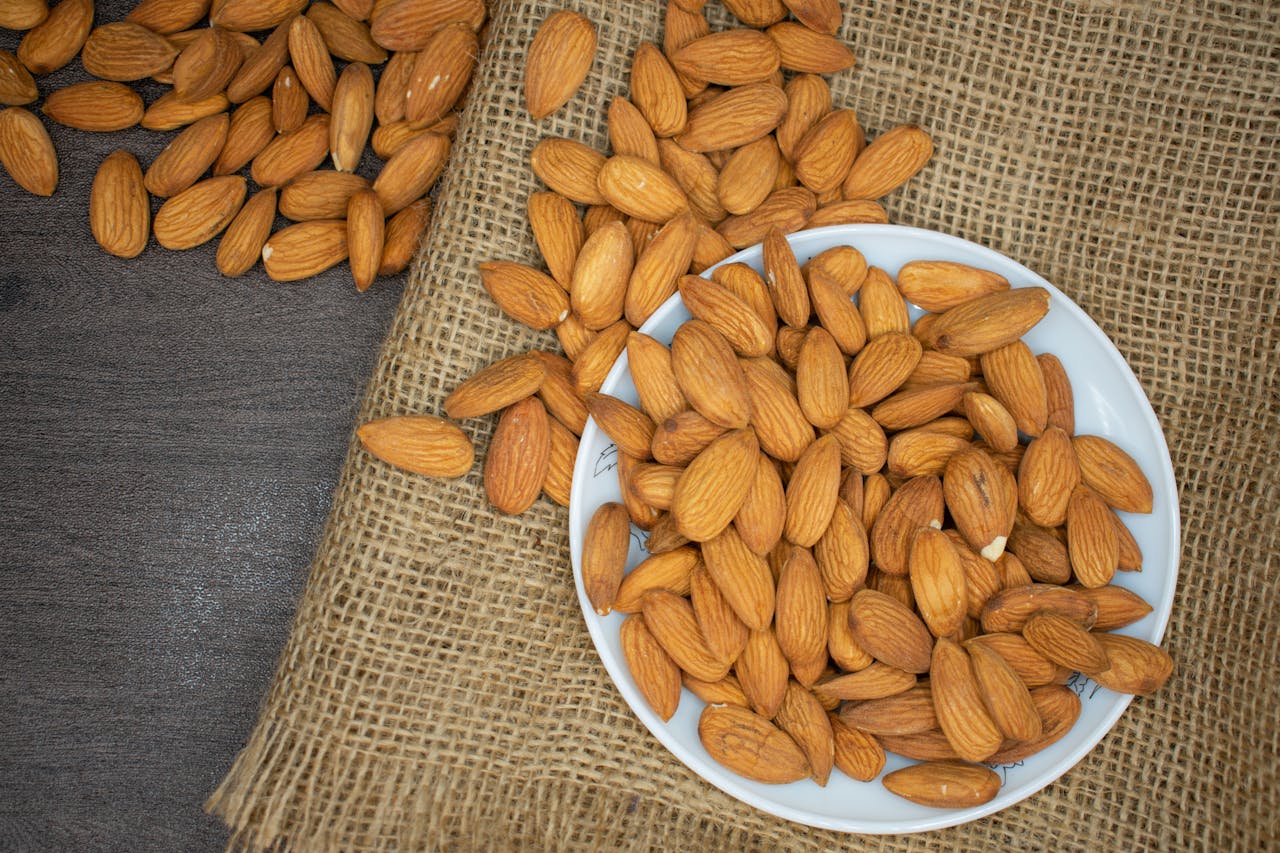Protein powder is now synonymous with fitness and nutrition. It provides a convenient way to increase protein intake. However, for various reasons—such as allergies, dietary preferences, or a desire for more natural options—many people seek alternatives to traditional protein powders. Fortunately, numerous whole food alternatives are rich in protein, easy to incorporate into your diet, and offer additional nutritional benefits. Here’s a guide to 10 natural alternatives to protein powder that will help you meet your protein needs effectively.
1. Greek Yogurt
Greek yogurt is a versatile dairy option, known for its creamy texture and high protein content. A typical 6-ounce serving provides 15-20 grams of protein, depending on the brand. You can enjoy it on its own, use it as a base for smoothies, or mix it with fruits and nuts for extra flavor and nutrients.
2. Cottage Cheese
Cottage cheese is another dairy-based alternative rich in protein. A half-cup serving provides about 12-15 grams of protein. Enjoy it plain, mix it with fruits or vegetables, or top crackers or toast with it.
3. Eggs
Eggs are a complete protein source and a versatile addition to any diet. Each large egg provides about 6 grams of protein, along with essential vitamins and minerals. Hard-boiled eggs make a convenient snack, while scrambled or poached eggs pair well with vegetables for a nutritious meal.
4. Quinoa
Quinoa is a plant-based protein powerhouse, containing all nine essential amino acids. A cooked cup of quinoa provides 8 grams of protein, along with fiber and various vitamins and minerals. Use it as a base for salads, soups, or as a side dish.
5. Lentils
Lentils are legumes that offer a significant amount of protein and fiber. One cup of cooked lentils provides around 18 grams of protein, making them an excellent meat substitute in soups, stews, and salads.
6. Chickpeas
Chickpeas, also known as garbanzo beans, are another legume rich in protein and fiber. A cup of cooked chickpeas contains 15 grams of protein. You can use them in salads, roast them for a snack, or blend them into hummus for a tasty dip.
7. Chia Seeds
Chia seeds are a plant-based source of protein, omega-3 fatty acids, and fiber. Two tablespoons of chia seeds provide 4 grams of protein. Add them to smoothies, yogurt, oatmeal, or make chia pudding for a nutrient-packed snack.
8. Hemp Seeds
Hemp seeds are a complete protein source, with all nine essential amino acids. Three tablespoons of hemp seeds offer around 10 grams of protein, along with healthy fats and minerals. Sprinkle them on salads, blend them into smoothies, or use them in baking.
9. Almonds
Almonds are a nutritious nut packed with protein, healthy fats, and fiber. A quarter-cup of almonds provides 7-8 grams of protein. They make a satisfying snack on their own, or you can add them to yogurt, salads, or homemade trail mix.
10. Spirulina
Spirulina is a blue-green algae considered a complete protein source. It contains about 4 grams of protein per tablespoon, along with essential vitamins and minerals. Add spirulina powder to smoothies, juices, or water for a nutrient boost.
Incorporating Alternatives into Your Diet
These natural alternatives to protein powder provide not only protein but also additional nutrients and health benefits. Whether you’re looking for dairy options like Greek yogurt and cottage cheese, plant-based sources like quinoa and lentils, or seeds and nuts like chia seeds and almonds, you have many delicious and versatile choices. Experiment with these alternatives in your favorite recipes to enjoy a varied and nutritious diet that supports your health and wellness goals. By choosing whole foods, you’ll nourish your body with quality protein while savoring the flavors and textures of natural ingredients.
Frequently Asked Questions (FAQ)
Great natural alternatives to protein powder include Greek yogurt, cottage cheese, eggs, quinoa, lentils, chickpeas, chia seeds, hemp seeds, almonds, and spirulina.” These whole foods provide high-quality protein and offer additional nutrients.
Yes, you can easily meet your protein needs without protein powder. Many whole foods like Greek yogurt, quinoa, and lentils are rich in protein. Incorporating a variety of these foods into your meals can help you achieve optimal protein intake.
Hemp seeds, lentils, and quinoa are excellent plant-based protein sources. Quinoa, in particular, is a complete protein, offering all nine essential amino acids, just like animal proteins.
You can add protein-rich foods to your diet by incorporating them into meals and snacks. For example, add Greek yogurt to smoothies, toss quinoa into salads, or enjoy chickpeas in hummus. These foods can be used in a variety of recipes to easily boost your protein intake.
Whole food protein sources offer more than just protein; they also provide vitamins, minerals, fiber, and healthy fats. Additionally, they are often more natural and less processed, making them a great choice for those who prefer a balanced and nutritious diet.

